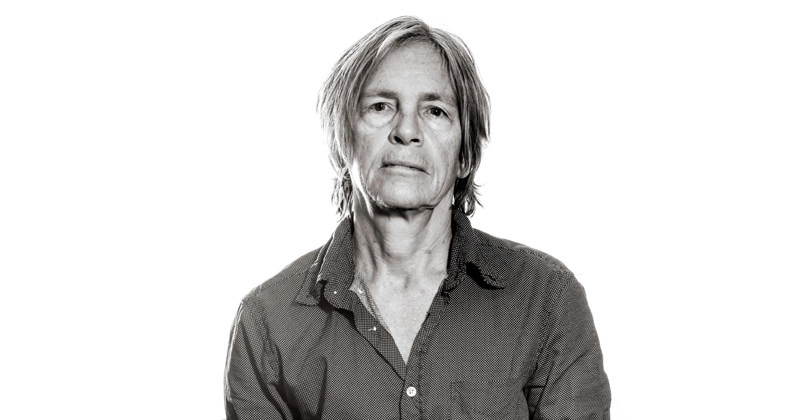
At Literary Hub, Paul Holdengraber conducts a short and freewheeling interview with Eileen Myles, who is as charmingly unpredictable as ever. She ducks Holdengraber’s solemn questions about the cultural import of poetry and instead talks about literary friendships and the strange forms that poetry can take. Here’s an excerpt:
EM: … If somebody said to me, “I don’t read poetry,” I would ask them questions. Because it’s crazy. It’s just not possible. People will say, “I loved your reading and I hate poetry.” It’s such a great compliment because they just heard poetry, and so they’re kind of selecting. People don’t say “I hate music.” It’s such a large statement to say “I hate poetry.” And when it’s somebody who’s actually not familiar with the poem, I want to ask them what poetry is and what it isn’t.
PH: Well it is in part what you were talking about before, which is hearing it. Or when I said I was listening to you as an active form. I think something has happened to our ear. It is not used enough, in some sense. I think we spoke a little bit earlier—or I at least I made mention of it—but we don’t use the phone very much. Instead we text each other and we call that a conversation.
I think the fact of not hearing it all around us makes it possible for The New Yorker and other publications to include a tiny snippet of one poem, as if it was nearly an afterthought.
EM: A piece of graffiti, something we see on a bathroom wall, is often more exciting than something we read in The New Yorker because somebody was moved to write it and say it.
Image of Eileen Myles via Literary Hub.